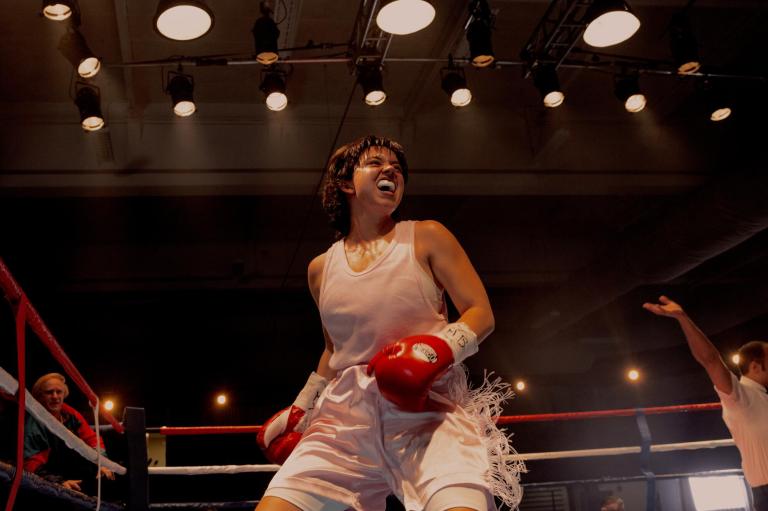
Here’s What You Need To Think About Before Ending Your Relationship
If one or both people in a relationship are closed to learning about themselves and each other, the relationship will not heal.

Vanessa, 30 years old, is struggling with whether or not to end her six-year marriage. The answer is not at all clear to her.
Vanessa and Jon have a “good” marriage. They are kind and caring with each other. They enjoy many of the same things. So why is Vanessa in such turmoil over whether to stay or leave?
The problem is that Vanessa is very lonely with Jon. They are good friends, but they are not emotionally intimate. Jon has no desire to share any of his feelings with Vanessa, nor does he have any desire to understand Vanessa’s feelings. He is content to keep everything on the surface, while Vanessa wants a deeper emotional connection.
Since they have many good things in their marriage, Vanessa has decided to try marriage counseling, and Jon has agreed. Counseling or not, there is only one thing that can save this marriage – Jon and Vanessa shifting out of their intent to protect against pain and into an intent to learn about what is loving to themselves and each other.
Jon’s intent has always been to protect against pain rather than to learn about being loving to himself and others. He has done this by numbing out his feelings with marijuana and work. Jon’s choice – whether to continue to protect against pain, or to begin to open to learning from his feelings – will determine the outcome of the counseling.
Vanessa, too, has operated with the intent to protect against pain. She has ignored her own feelings and been a “good” wife, submerging her own needs, to comply with what Jon wanted. But at some point, she shifted her intent to learning about what is loving to herself, and now she realizes she cannot continue in an emotionally disconnected marriage.
The issues in your relationship may be about emotional distance, lack of passion, sexual problems, constant fighting, emotional abuse (if there is physical abuse, then you must find a way to leave), or being used financially. There may be control and resistance occurring around many different issues. Yet the underlying issue is a lack of open and caring communication. And open communication only occurs when both people have a deep intention to learn about their feelings, fears, limiting beliefs and resulting unloving behavior. If one or both people in a relationship are closed to learning about themselves and each other, the relationship will not heal.
If you are thinking about leaving your relationship, first think about your own intent. Are you open to learning about your feelings, beliefs and behavior? Or, are you devoted to protecting against pain, with anger, withdrawal, resistance or caretaking? Are you avoiding your feelings with substances and activities, or are you opening to learning from your feelings and taking responsibility for them? Are you willing to learn and practice the Inner Bonding process? The first thing you need to do is deal with your own intent.
Once you are open to learning for a number of months, and really doing your Inner Bonding work, then re-evaluate your relationship. Has anything changed? Is your partner more or less open to you? Are you talking more and fighting or withdrawing less?
If things are not getting better or are getting worse, you may want to ask your partner if he or she is willing to do some healing work with you – through counseling, workshops and reading books together. If your partner refuses to embark on a learning journey with you, then you need to either fully accept it as it is, and continue to learn to take responsibility for your own happiness, or leave the relationship.
Although it may not become the relationship you want it to be unless both of you are open to learning, much change can come about through one person doing his or her Inner Bonding work.
If one or both partners remain in the intent to protect, the relationship will not heal. Yet many relationships can be healed when at least one person is deeply devoted to learning about loving themselves and their partner. ![]()











